
Baby Boomers grew up with strict social rules that many younger generations have completely abandoned – and honestly, most people are fine with that. These once-shocking behaviors are now so common that calling them “rude” seems outdated. Here are 10 habits that still make Boomers cringe but barely register as impolite to everyone else.
Ignoring Strangers In Public
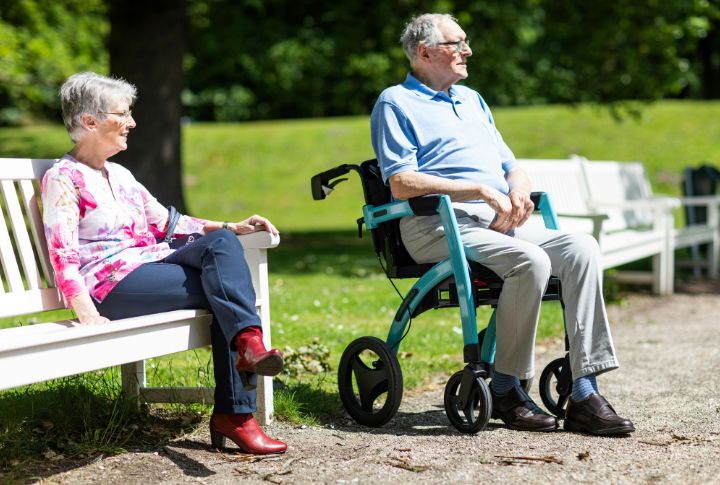
Statistics from Pew Research show a clear shift in public behavior since the COVID-19 pandemic, with 47% of Americans reporting an increase in rudeness. The casual conversations Boomers once enjoyed with strangers at coffee shops and store checkouts now seem outdated. Many people actively avoid these social interactions altogether.
Loud Phone Conversations
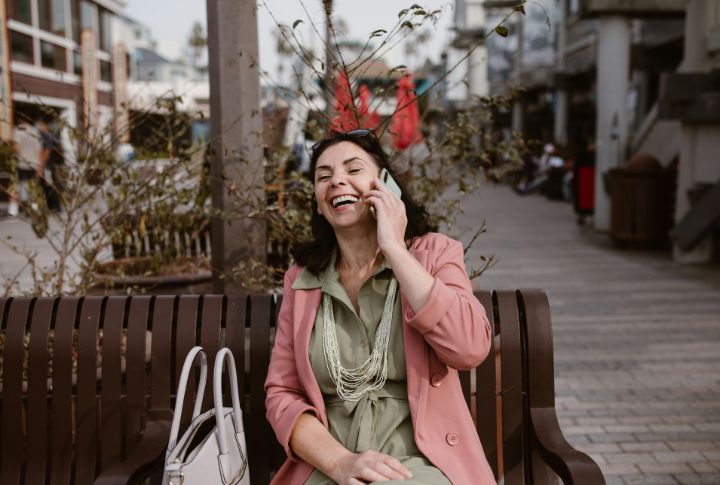
People now routinely shout into their phones in public spaces, from grocery stores to train stations. Loud speakerphone conversations and blaring music have become the norm, which forces many transit systems to create designated quiet cars. Some even use noisy calls strategically to ward off unwanted social contact.
Taking Photos Without Permission
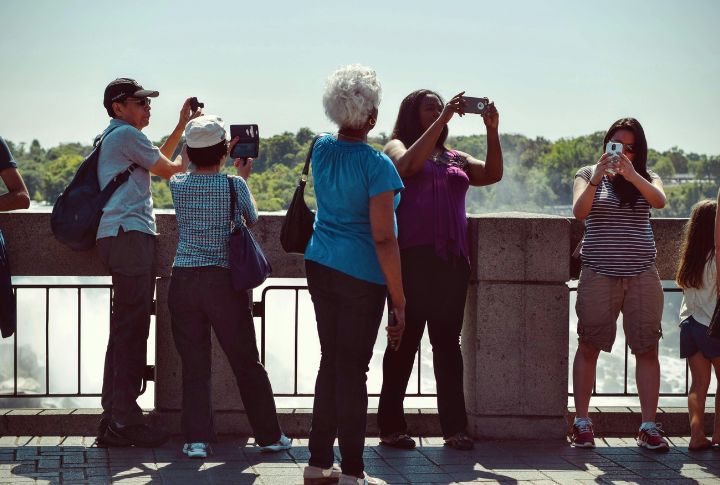
The modern era of constant surveillance has arrived. Random strangers frequently appear in social media posts without their knowledge. What starts as casual public filming can transform ordinary people into viral sensations overnight. Older generations are particularly startled by this invasion of privacy.
Not Apologizing For Mistakes

Modern society has different standards for handling mistakes. Where previous generations insisted on proper apologies, today’s culture often skips the formality altogether. Some people use humor to deflect responsibility, while others simply move on. This shift away from deeply apologizing bothers many Baby Boomers.
Not Holding Doors Open
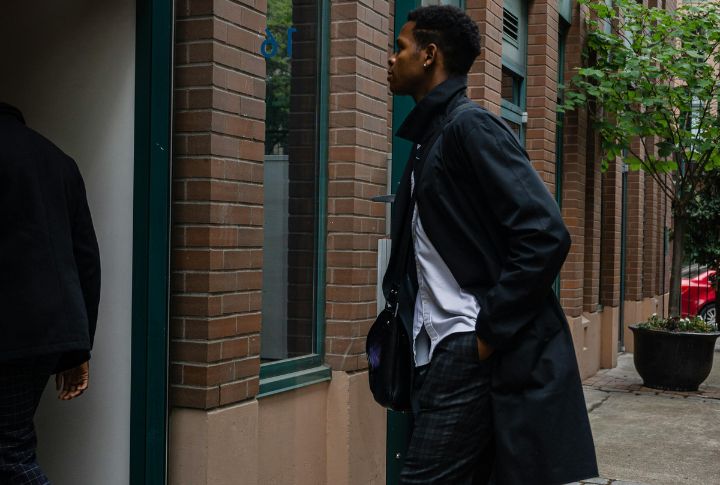
Door-holding has also become a casualty of changing times. This shift frustrates many boomers who view it as a clear indicator of society’s downgraded etiquette. Back then, the practice was once second nature. But these days, it feels foreign to many, with some even feeling uncomfortable when others hold doors open for them.
Bringing Children To Adult Venues
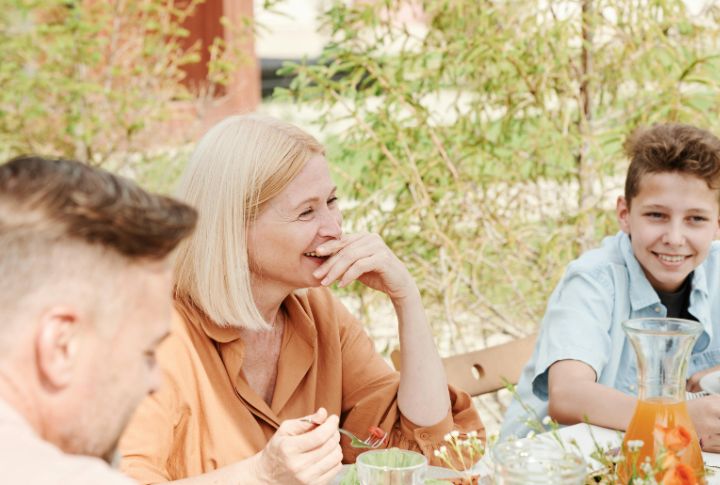
Parents now regularly take their kids to fine dining spots and cocktail lounges, a practice that would have been unthinkable decades ago. Many Boomers find this particularly jarring, as they grew up in an era when children were kept away from adult spaces. At least a few restaurants with adult settings ban young guests.
Public Displays Of Frustration

Gone are the days of keeping emotions bottled up in public. Explosions of anger at clerks or cashiers are quickly captured and shared online. Instead of quiet frustration, whole crowds are dragged into the storm, which leaves workplaces and passersby struggling with its heavy emotional residue.
Not Saying “Thank You”
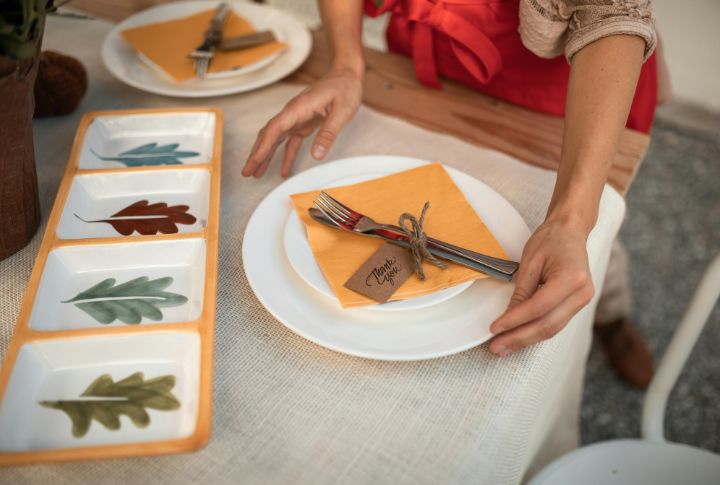
Gratitude used to come wrapped in spoken words, but now it’s often sent through screens. A thumbs-up or heart replaces the old-fashioned “thank you.” For Baby Boomers, raised on formal manners, the quiet disappearance of verbal thanks can feel like a jarring cultural shift.
Interrupting Others

Cutting someone off mid-sentence has become surprisingly acceptable in casual conversation, especially among younger generations who view it as engaged, enthusiastic dialogue. What Boomers see as a rude interruption, many others interpret as active participation or even excitement about the topic.
Not Responding To Messages

Generational differences stand out most in communication habits. Where boomers grew up answering phones instantly, today’s digital exchanges can wait for days. Such a huge contrast—between the urgency of calls and the casual ease of messages—has changed what responsiveness really means.

